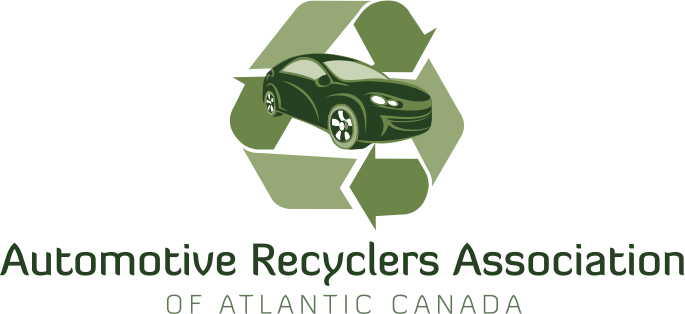On March 31st, 2016, Ontario announced new regulations that will have a profound impact on the Canadian auto recycling industry for years to come.
The End of Life Vehicle regulation under the Ontario Environmental Protection Act is the culmination of over 10 years’ effort by auto recyclers to bring an end-of-life vehicle processing standard to the industry. This legislation creates a level playing field for businesses buying and processing end-of-life vehicles (ELVs) and is expected to set a precedent for similar laws across Canada.
Previously, only 1970s-era Highway Traffic Act laws regulated the industry. The requirements to be considered an auto wrecker were limited to having a class C garage license and a letter from the municipality, with no reference to how or where auto recyclers operated nor a definition of what they did.
Serious environmental ramifications
Our challenge was to streamline industry requirements so that everyone understood the environmental and financial impact of these operators. The first step was developing CAREC (Canadian Auto Recyclers Environmental Code www.carec.ca) and adopting it as a standard for Automotive Recyclers of Canada members.
Our members were audited to CAREC standards every few years and we used that as a tool to differentiate ourselves from the rest of the industry, resulting in a more universal understanding that not everyone in the industry was following these important practices. These inconsistencies created inefficiency and problems with regards to pollution, safety, tax collection and consumers having no way of discerning legitimate auto recyclers from those who aren’t.
Auto-manufacturing associations helped us get the attention of the government. They supported our efforts because they wanted the public’s confidence the cars manufacturers make and import are handled properly.
Achievable industry standards
The Government married CAREC with other regulations to create legislation that would allow businesses to remain profitable while achieving certain environmental objectives.
We ended up with these regulations that make it illegal to crush or shred a vehicle without first depolluting it, and identifies the pollutants that need to be removed as well as creating a framework for storage and reporting through the complete supply chain rather than only focusing on vehicle dismantlers. This standard is reasonable enough to keep business in Ontario, but also firm enough to protect the environment.
There is a six-month phase-in to register for businesses acquiring more than two ELVs per year or ten ELVs on site at any time, and another 12-month phase-in for compliance with all other aspects of the regulations. Within 18 months, the real strength of the regulations will come into place, providing businesses with ample time to make needed changes. Now that there are rules, it’s easier for businesses to invest in the industry by purchasing equipment or hiring and training people, creating jobs.
We have also created a new national End of Life Vehicle Sector Council to help implement these types of regulations across Canada, acting as a repository for best practices and education, because all provincial governments are in varying stages of looking at adopting similar laws.
We are hopeful that by taking this progressive approach in Ontario (our biggest market), it will set the stage for modernizing the process and making it work across the country.
Collision Management April 2016
The post New Rules for Auto Recycling Industry: big changes are on the way appeared first on Automotive Recyclers of Canada.
